For many years, the transportation industry has confounded “double brokering” and “co-brokering” to mean the same. Consequently, both have acquired a negative aura. It is important for the industry to understand the difference between double brokering and co-brokering because one can be an asset to your brokerage business, while the other is a definite risk.
People often ask whether it is legal for a licensed transportation property broker to accept a load from its customer and give that load to another broker for assistance arranging transportation. The answer is yes, and it is known as co-brokering.
Not only is co-brokering legal, but it may also be advantageous at times to have another broker help cover a load, as long as the contract that the original broker has with its customer does not specifically prohibit co-brokering. When done properly, there is absolutely nothing wrong with co-brokering, assuming the transaction is handled in accordance with the permission of the original broker.
Downside of Double Brokering
There really are no benefits to double brokering – only risks. By the inherent nature of the transaction, double brokering is not the same as co-brokering.
When a motor carrier agrees to transport freight for a broker (under the guise it will haul the freight), and the carrier subsequently re-brokers it to another carrier, the freight has now been double brokered.
The same is true when a carrier (that also has broker authority) accepts a brokered load (as the carrier) and then tenders that load to another carrier through its brokerage (without the broker’s knowledge or consent).
In either event, the original broker is now in a compromising situation:
- It does not know who is actually handling the freight.
- It does not know whether the actual carrier has the required permits.
- It does not know if the carrier’s insurance is adequate to protect the parties.
- It does not know what due diligence was performed to qualify the carrier.
- Tracing the freight also becomes dubious at best, usually leaving the original broker with incorrect information to transmit to its customer.
The original broker also runs the risk of being caught in a potential double jeopardy situation. For example, if it pays the contracted carrier (that double brokered the load), and that carrier does not pay the actual carrier, the original broker (or its customer) may be held accountable to pay a second time for the same freight movement.
Undoubtedly, this type of substandard activity has aided in giving the transportation brokerage community a questionable reputation.
Benefits of Co-Brokering
Co-brokering is when a broker works with another broker to service a specific need, with all parties aware of each other’s functions and responsibilities. The question at hand is not whether to deal with another broker, but rather to use another broker’s resources to your advantage when your resources do not suffice.
The most important benefit of co-brokering is servicing your customer. It proves your brokerage has the available resources to service all their requests.
Some brokers have developed niches that other brokers can use to their advantage in better servicing their customers. Some of the niches include border crossings, bonded freight, working with hazardous materials, oversize equipment, and local contracts.
A broker’s services are not limited by assets, but rather by its imagination to adapt and adjust to situations. Therefore, its abilities can be enhanced by leveraging the capabilities of other brokers. When brokers work together, it is usually because one has the capabilities to complete whatever the other currently lacks. The bottom line is that co-brokering gives brokers the ability to adapt and adjust to unfamiliar situations.
By working together in a co-broker relationship, both brokers benefit, as well as the initial customer. All parties involved should have the satisfaction of a job well done by servicing a customer and maintaining a profit. The alternative would be to leave the money on the table for the competition to take.
An alliance with another broker is simply another opportunity to offer services that your brokerage did not have before the alliance. Once a broker recognizes the benefits of co-brokering (and decides to deal with other brokers), the broker can add the services of its co-brokering allies to its own portfolio, thereby widening its range of services offered. When it comes to liability and the bottom line, would you rather deal with a broker you know or a carrier you do not?
Before conducting business with another broker, you should perform adequate due diligence to research and get to know the company you are considering. This is a very important step that should not be discounted. There are contracts designed specifically for co-brokering, outlining what each party to the transaction can expect of the other.

